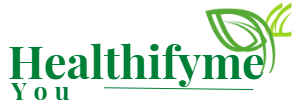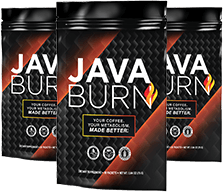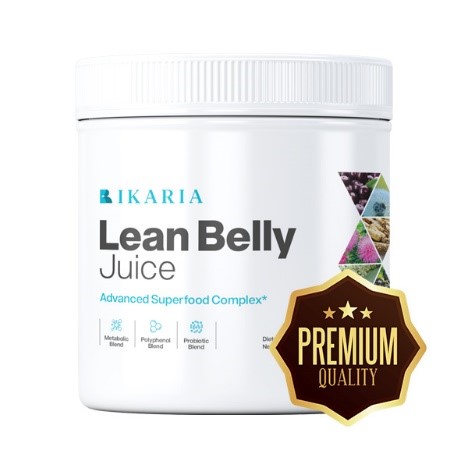The first yr as a father or mother comes with plenty of questions on timing. When will baby start rolling over? How about sleeping by way of the evening? Which immunizations do babies want and when? And when it comes to the subject of food, the query of introducing potential food allergens is a giant one.
Below, we clarify when to start introducing frequent food allergens to your baby, key components to pay attention to and when to get a physician should you suspect food allergic reactions are concerned.
Babies ought to be launched to food allergens early
In the previous, it’s been really helpful that oldsters wait so long as a yr or two earlier than introducing food allergens to their babies. However, latest research have proven that this doesn’t even have any protecting results. In reality, these newer research counsel that early, common publicity to an allergenic food (similar to milk, eggs, peanuts, tree nuts, soy, wheat or seafood) may very well forestall the event of the related allergy, even in babies with a heightened allergy threat.
That mentioned, introducing allergens at all times carries the chance of an allergic response. The most secure method is to seek the advice of along with your baby’s pediatrician to be sure you have all the knowledge you want earlier than you start. If your baby is at the next threat for food allergic reactions, a pediatrician may advocate an allergy analysis or particular strategies for introducing sure allergens.
Which babies are on the highest threat of allergic reactions
Allergies can run in households. So should you, your baby’s different father or mother or a sibling of your baby has an allergy, your baby can be thought of to have a barely elevated threat for creating a food allergy.
The strongest threat issue for food allergic reactions is that if your baby has or has had eczema or a right away allergic response to any food, together with reactions to breast milk because of your breastfeeding weight loss plan. 40-50% of youngsters within the United States with a food allergy have allergic reactions to a number of meals.
When you possibly can introduce food allergens to your baby
With a pediatrician’s go-ahead, you possibly can start introducing allergens into your baby’s weight loss plan as soon as they’ve tolerated just a few completely different meals (similar to toddler cereal and mashed or pureed fruit and veggies). A baby is mostly prepared to start making an attempt meals aside from breast milk or baby method between 4-6 months previous, after they:
- Can sit up, with or with out help
- Have good management of their head and neck
- Grab for objects and convey them towards their mouth
- Move food to the again of their tongue to swallow
How to introduce allergens right into a baby’s weight loss plan
There are well-established methods for introducing allergens. But once more, be certain to speak to your baby’s pediatrician earlier than you start. They’ll provide you with suggestions particularly on your baby.
1. Start small
When introducing allergenic meals to a baby, use small quantities and select one to introduce at a time. This minimizes the chance to your baby and might make it simpler to inform if that food is the reason for a response. For instance, you would start by mixing 1/4 teaspoon (tsp) of easy peanut butter or a well-cooked egg into your baby’s common food.
2. Give it time
It could be useful to give your baby allergen-containing food for his or her first meal of the day, as a result of allergic reactions can take up to round two hours to present up. If your baby doesn’t react to the preliminary dose, improve the quantity progressively (similar to by one other 1/4 tsp) in every following serving. If there’s nonetheless no response after 3-5 days, you possibly can start testing a special food allergen. However, it’s essential to maintain giving your baby any food allergens they don’t react to 2-3 instances per week to preserve their tolerance.
If your baby seems to react to a brand new food, cease giving them that food instantly. If the response is gentle, name your baby’s pediatrician to discover out subsequent steps. If the response seems extreme or is affecting your baby’s respiration, name 911.
Symptoms of a light allergic response in a baby can embody:
A average allergic response in a baby can embody these signs above, together with:
- Swelling of the lips, eyes or face
- Diarrhea or vomiting
- Changes in habits (similar to abruptly turning into very fussy)
Symptoms of a extreme allergic response in a baby embody:
- Swelling of the throat or tongue (which can trigger drooling)
- Difficult or wheezy respiration
- Coughing
- A change or problem with vocalizing or crying
- Pale pores and skin
- Limpness
Need extra steering round baby allergic reactions? Talk to an professional
Knowing whether or not your baby has food allergic reactions – and in the event that they do, which of them – is a essential a part of being a father or mother. It’s info that helps you retain your baby secure and cozy as they develop up and discover the world round them.
So, when you’ve got any questions or considerations about your baby’s threat for allergic reactions or how to check for them, speak to a youngsters’ health professional like your pediatrician. They can take a look at your baby’s household and medical histories, make preliminary suggestions and refer you to an allergist if essential.


















Discussion about this post